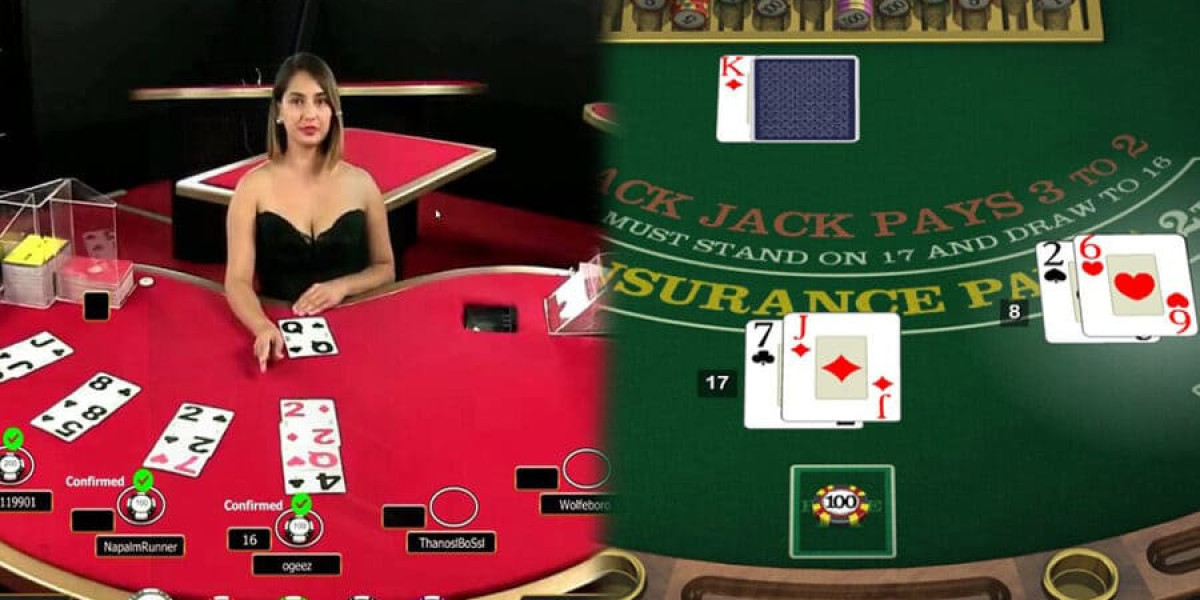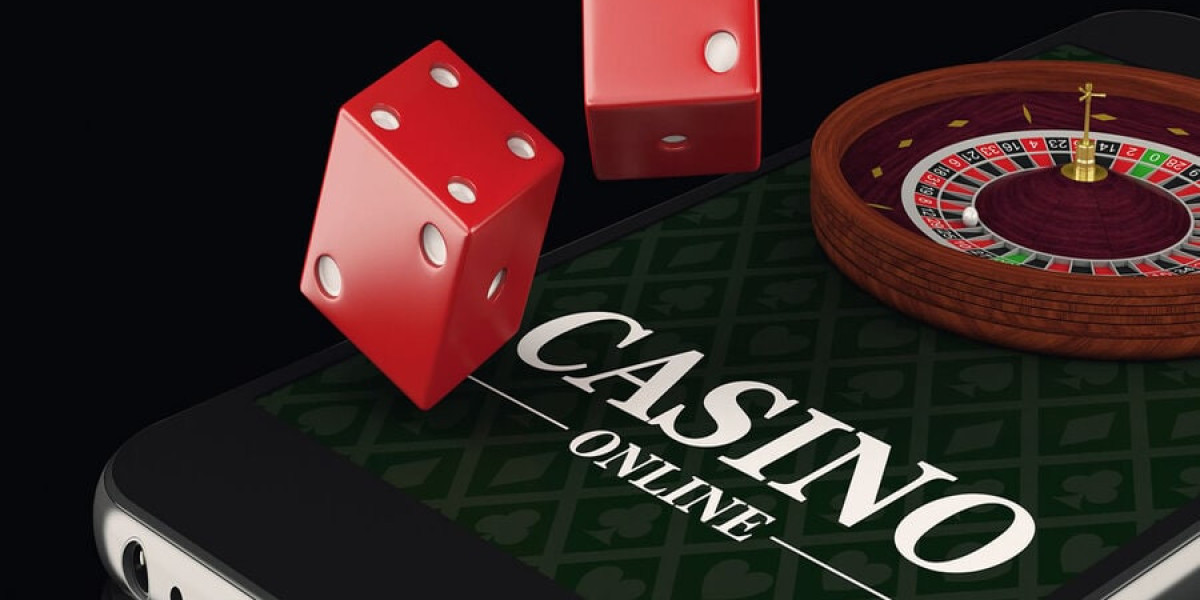Tattoos have become a mainstream form of self-expression, with millions of people around the world adorning their bodies with intricate designs. However, one question that often comes to mind before getting inked is, "How much do tattoos cost?" The answer to this question is not as straightforward as one might think, as several factors influence the pricing of tattoos. In this article, we will delve into these factors to provide a comprehensive understanding of tattoo costs.
Size and Complexity: The size and complexity of a tattoo design play a significant role in determining its cost. Generally, larger and more intricate designs require more time and skill from the tattoo artist, leading to higher prices. Simple designs or small tattoos may be priced lower due to their quick execution.
Location on the Body: The location of the tattoo on the body also affects its cost. Areas that are more sensitive or difficult to tattoo, such as the ribs, spine, or inner bicep, may come with a higher price tag. This is because these areas require more precision and expertise from the tattoo artist.
Experience and Skill of the Artist: Experienced and highly skilled tattoo artists often charge higher rates for their services. Their expertise ensures quality work and reduces the risk of mistakes or complications. While it may be tempting to opt for a cheaper artist, investing in a skilled professional can make a significant difference in the outcome of your tattoo.
Tattoo Studio Reputation: The reputation of the tattoo studio can also influence pricing. Established studios with a solid reputation for quality work may charge higher rates compared to lesser-known or budget-friendly establishments. However, the assurance of professionalism and hygiene is often worth the extra cost.
Colour vs. Black and Grey: The choice between colour and black and grey tattoos can impact the overall cost. Colour tattoos require more time and resources to execute, as multiple ink colours need to be applied and blended seamlessly. On the other hand, black and grey tattoos may be priced lower since they involve fewer materials and less intricate shading.
Custom vs. Flash Designs: Custom-designed tattoos, created specifically for the client, typically come with a higher price tag than flash designs, which are pre-made designs available for immediate tattooing. Custom tattoos require additional time and effort from the artist to bring the client's vision to life, whereas flash designs offer a quicker and more affordable option.
Consultation and Design Process: Some tattoo artists charge for consultation and design services separately from the actual tattooing process. This fee covers the time spent discussing the client's ideas, creating custom designs, and making any necessary revisions before the tattooing begins. While it adds to the overall cost, a thorough consultation ensures that both the client and the artist are on the same page regarding the tattoo design.
Tattoo Aftercare Products: Aftercare products, such as tattoo ointments and moisturisers, may be included in the overall cost of the tattoo or offered as optional add-ons for an additional fee. Investing in high-quality aftercare products is essential for proper healing and long-term vibrancy of the tattoo.
Tipping Etiquette: While tipping is not mandatory, it is customary to tip your tattoo artist as a gesture of appreciation for their hard work and artistry. Tipping rates typically range from 15% to 25% of the total cost of the tattoo, depending on the quality of service provided.
In conclusion, the cost of tattoos varies depending on several factors, including size, complexity, location on the body, artist experience, studio reputation, colour vs. black and grey, custom vs. flash designs, consultation and design process, aftercare products, and tipping etiquette. Before getting inked, it is essential to research and consider these factors to ensure a positive tattoo experience and satisfactory results. Remember, a tattoo is a lifelong investment, so it's worth investing in quality craftsmanship.








